Exploring the ‘blue economy’
A blue economy needs to be looked at as an advanced version of environmental sustainability rather than as just a plan that helps towards the rapid development of island nations and others with vast coastlines

former Gandhi Peace Fellow
Peace, Economic democracy, electoral politics, social protests, climate change and sustainable development
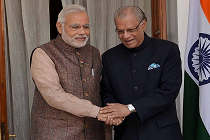 Courtesy: MEA photo gallery
Courtesy: MEA photo gallery
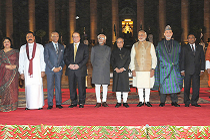 Courtesy: Kotakkalnet/Flickr
Courtesy: Kotakkalnet/Flickr

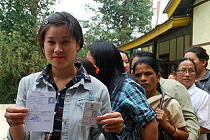 Courtesy:
Courtesy:
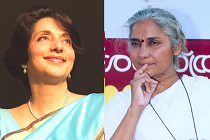 Courtesy: Wikimedia Commons
Courtesy: Wikimedia Commons
 Courtesy: Rediff.com
Courtesy: Rediff.com
 Courtesy: MPPost.com
Courtesy: MPPost.com
 Courtesy: Rediff.com
Courtesy: Rediff.com
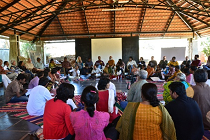 Courtesy: Alex Jensen
Courtesy: Alex Jensen
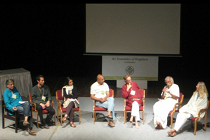 Courtesy: Alex Jensen
Courtesy: Alex Jensen
